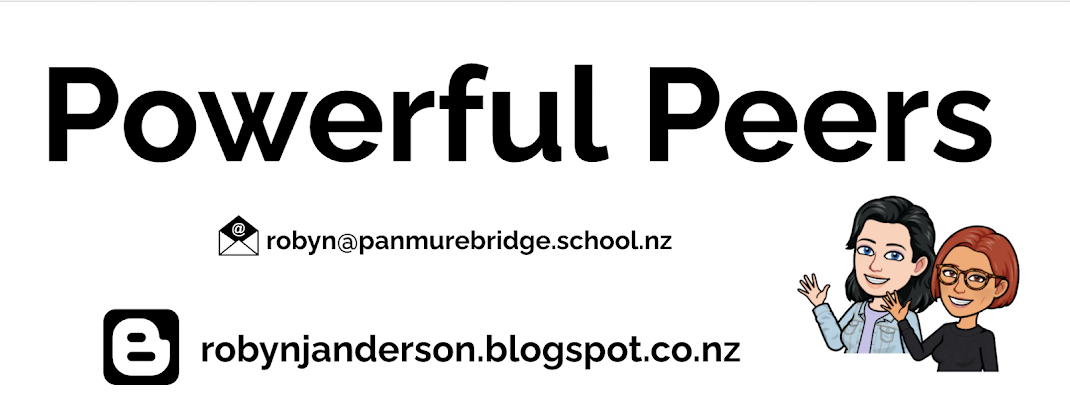Begin to collect evidence and data and come to the next session ready to share your preliminary findings about the nature and extent of the student challenge i.e. using your baseline student data and evidence.
Developing an intrinsic motivation to want to read for enjoyment is not something my learners will achieve on their own. To do this successfully we need to develop a class culture where reading for enjoyment is seen as the norm. Because of this, I have chosen to show a snapshot of whole class of the student data. To select only a small group wouldn't give me a true picture of the change I hope to facilitate. The presentation below is an analysis of our time point 1 data and paints a clear picture where we are at now.
From this analysis I am now aware that 29% of my Year 7 students are reading at 1.5 years + below their chronological ages, and 49% students 2.5 years + reading below chronological age. Historical data shows me there are no surprises with the Year 8 data. I do believe that the last two years of disruptions to learning due to Covid is one of the main reasons these students are continuing to struggle with reading. Many of these students did not engage with online learning and for some, continued absences this year are proving to be having an impact on their learning.
When looking at the vocabulary section of the e-asTTle writing the data between the reading ages and vocab scores in Year 8 aligns. These students are not being exposed to a wider range of vocabulary as they are not engaging in reading outside of the instructional lessons in class. I am surprised at the Year 7 results as the data shows 85% of our Year 7 students are below the expected level in vocabulary.
Sometimes the starting point is harsh to look at, however looking forward, a focus on reading for enjoyment will hopefully become a catalyst in effecting the changes in these levels I hope to see.


No comments:
Post a Comment